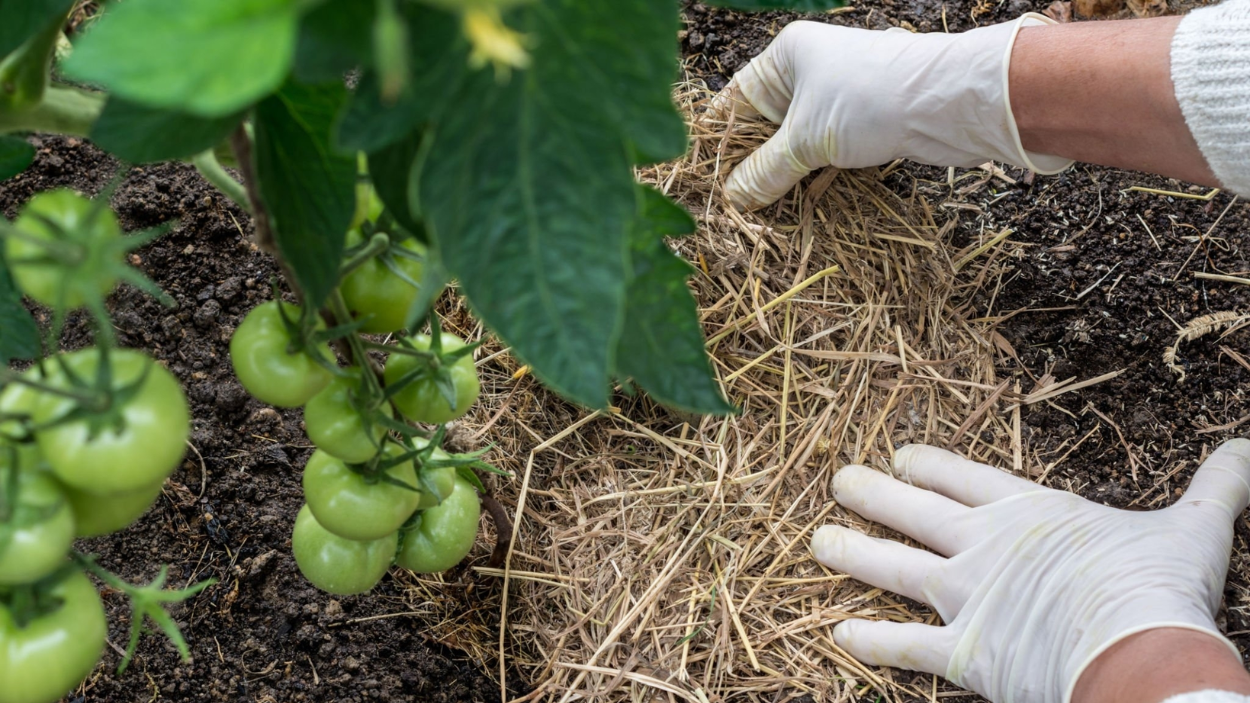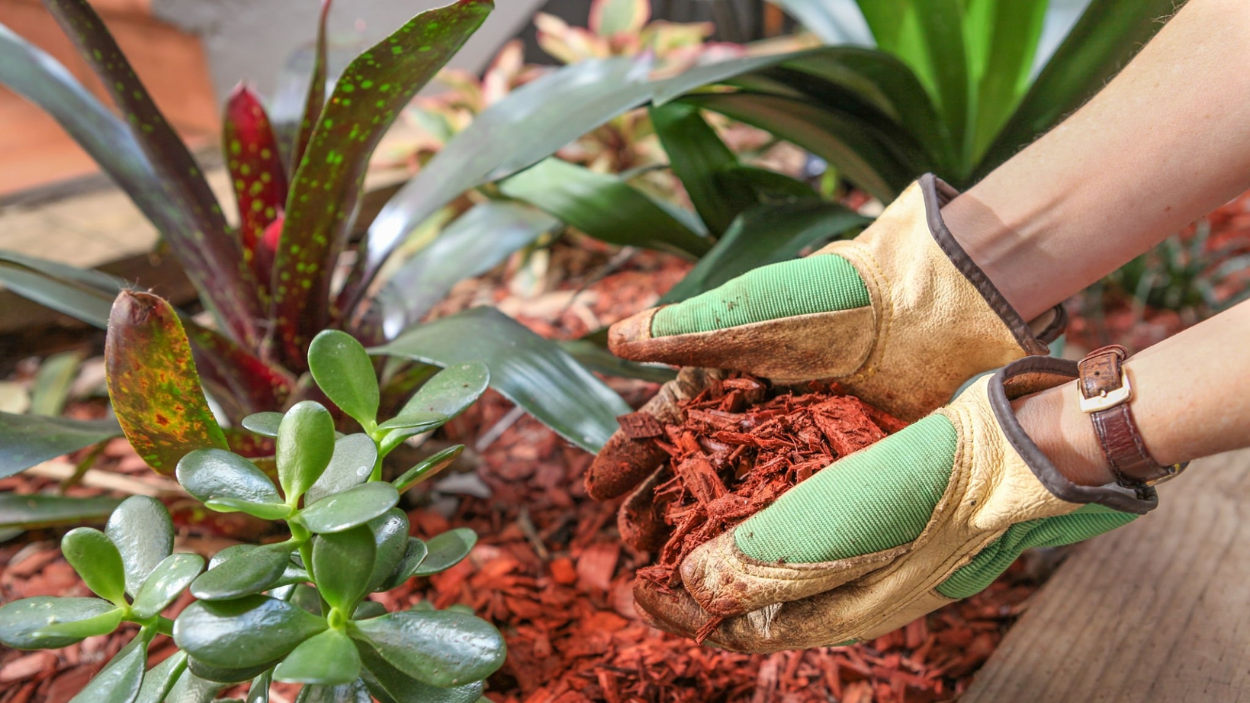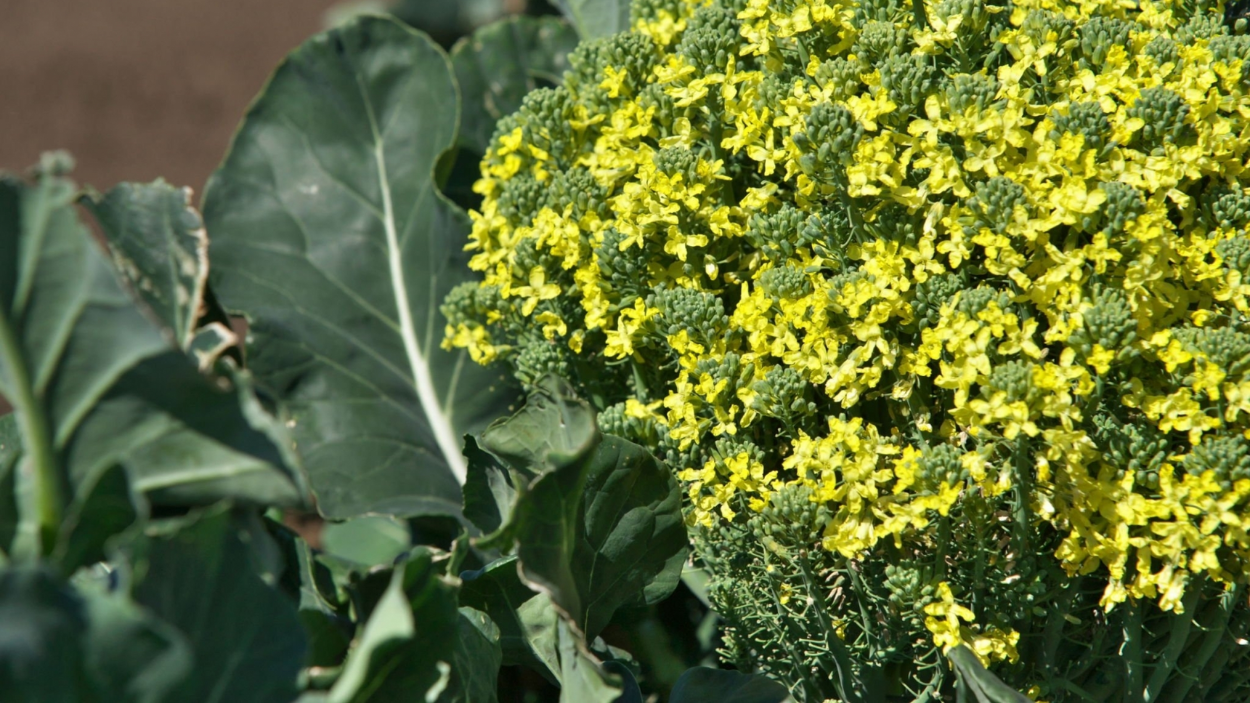Herbs are a wonderful addition to any garden because they offer enticing smells and scents for both culinary and therapeutic uses. Whether you're a novice or a seasoned gardener, we'll discuss the best herbs to cultivate in your garden in this post.
Can I Grow Herbs Indoors?
Herbs can be grown inside! As long as they get the necessary quantity of water, air circulation, and light, many herbs can survive in an indoor environment. Basil, mint, parsley, chives, and thyme are a few of the common herbs grown inside. It's critical to pick a spot that receives at least 6 hours of direct sunlight each day when growing herbs indoors. Consider utilizing a grow lamp to provide your plants with the essential light if you don't have access to a window that gets plenty of sunlight.
Which Herbs are Best to Grow in Gardens
Basil: Basil is a multipurpose herb that is simple to grow and gives many meals a fresh, sweet flavor. It prefers full sun exposure and well-draining soil.
Rosemary: A woody herb with a place in Mediterranean cooking is rosemary. Although it can withstand some drought, it prefers fully exposed sun and soil that drains well.
Thyme: A robust herb, thyme is frequently used in soups and stews. It prefers full sun exposure and well-draining soil.
Mint: Fast-growing mint is a fantastic herb for teas and mixed drinks. It favors moist, fertile soil with some sun exposure.
Parsley: A biennial herb that is high in vitamins and minerals is parsley. It prefers soil with good drainage and some sun exposure.
Chives: Chives are a multipurpose herb that provides many foods with a subtle onion flavor. They favor soil with good drainage and some sun exposure.
Sage: Sage is a perennial herb that is frequently used in savory foods like stuffing. It prefers full sun exposure and well-draining soil.
Oregano: A robust herb, oregano is frequently used in Italian and Greek cooking. It prefers full sun exposure and well-draining soil.
Can I Grow Different Types of Herbs in The Same Container?
You may plant various herb varieties in the same pot! Companion planting is a technique that can help you make the most of your available space while also enhancing the health of your plants. Consider plants with comparable growing requirements, such as sun exposure, soil type, and watering requirements, when selecting herbs to grow together. Try the following herb combos for flavor:
Basil, parsley, and chives
Thyme, oregano, and sage
You may make a gorgeous and useful container garden that is lovely and practical in the kitchen by planting herbs together!
How often should I water my herb container garden?
The size of the container, the kind of herbs you're planting, and the temperature where you live all affect how often you need to water your herb container garden. Generally speaking, it's critical to maintain soil moisture without allowing it to become saturated, as doing so might cause root rot and other problems. The top inch of soil should feel dry to the touch when it comes to watering your herb container garden. Put your finger into the ground up to your first knuckle to measure the soil's moisture content. It's time to water if the soil at this depth feels dry. You can wait a day or two before watering again if the soil feels moist.
How can I prevent pests from damaging my herbs?
Try companions planting plants that deter pests, such as marigolds or lavender, to keep pests from harming your herbs. Additionally, you can employ organic pest control techniques like neem oil or diatomaceous earth.
Final Thought
Starting a herb garden is a terrific way to enjoy the health advantages of herbal medicine as well as new flavors and scents to your cuisine. Basil, rosemary, thyme, mint, parsley, chives, sage, and oregano are among the greatest herbs to cultivate in your garden because they are all simple to grow and have a wide range of applications. Provide your herbs with well-draining soil, adequate sunlight, and water whether you're growing them in containers or a garden bed. You may have a plentiful harvest of fresh herbs all season long with only a little bit of care.




